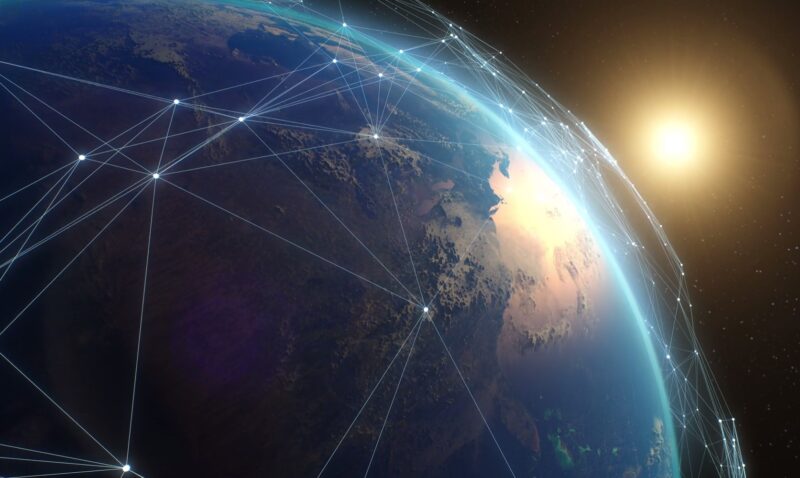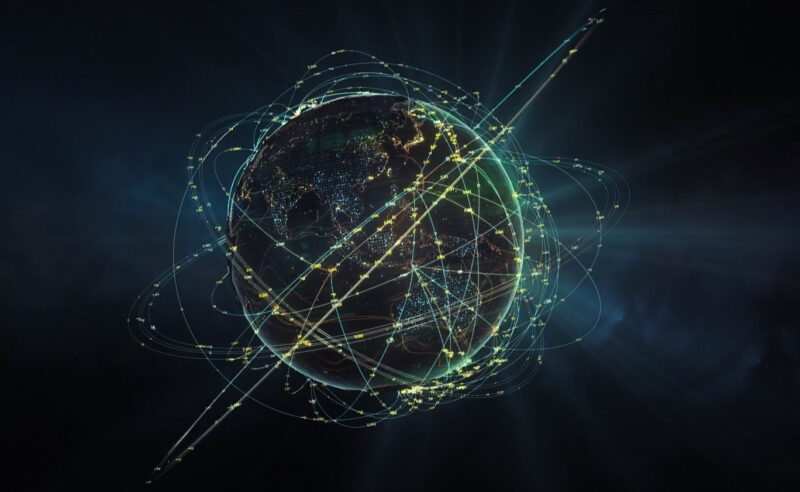Globalization has been around for ages, even if we tend to think of it as a more modern phenomenon. Way back in the day, you had those ancient trade routes like the Silk Road connecting China and Europe.
Then, the Industrial Revolution really kicked things into high gear. Suddenly, the world was getting a lot more interconnected. Businesses and organizations were expanding their reach across borders and continents. It changed the world.
These days, globalization is just everywhere. It’s hard to go about our daily lives without feeling its impact in one way or another.
That’s what I want to dig into in this post – how globalization shapes and influences our everyday experiences, for better or for worse.
Different Faces of Globalization
Globalization manifests in various forms. It’s not just about trade and economics; it’s also cultural, digital, financial, geographic, political, and ecological. Each of these dimensions impacts our lives in unique ways.
1. Economic
This is perhaps the most obvious form. Economic globalization allows businesses to operate beyond their national borders, increasing competition, lowering prices, and fostering innovation.
2. Cultural
Ever wonder why you can find a McDonald’s in almost every country or why K-pop has a global fan base? Cultural globalization spreads ideas, values, and cultural products across borders, creating a more interconnected global culture.
3. Digital

The rise of the Internet and digital technologies has revolutionized how we communicate, work, and access information. There are many apps and programs that allow us to perform tasks like grocery shopping and participate in live videoconferences with people halfway across the world. And that’s just a tiny part of it.
4. Financial
This involves the integration of financial markets worldwide. It enables the flow of capital across borders, allowing investors to diversify their portfolios and businesses to access funding more easily.
5. Geographic
This form refers to the movement of people and resources. Migration, tourism, and international shipping are all aspects of geographic globalization that influence our daily lives.
6. Political
Political globalization involves the collaboration and alignment of policies among countries. Organizations like the United Nations and World Trade Organization exemplify this, working towards international cooperation and policy-making.
7. Ecological
The environmental impact of globalization is significant. Issues like climate change, deforestation, and biodiversity loss are global challenges requiring international solutions.
The Bright Side of Globalization

Globalization offers numerous benefits:
- Economic Growth: By opening up markets, globalization has led to increased economic activity and growth. This has improved living standards and reduced poverty rates in many regions.
- Cultural Exchange: Exposure to different cultures fosters understanding and appreciation of diversity. It encourages the exchange of ideas and values.
- Technological Advancements: Collaboration across borders accelerates innovation and technological progress, improving healthcare, education, and overall quality of life.
- Access to Markets: Businesses can now reach a global audience, expanding their customer base and reducing costs. This access also benefits consumers by providing a wider array of products and services.
- Remote Work: The prevalence of remote work has increased, leading to a reduction in physical office spaces and operational costs. It also allows for a better work-life balance and greater flexibility.
The Dark Side of Globalization
Despite its advantages, globalization comes with challenges:
- Income Inequality: Globalization often benefits wealthier countries and individuals disproportionately, leading to greater income inequality.
- Environmental Damage: Increased industrial activity and consumption contribute to environmental degradation and climate change.
- Cultural Homogenization: The dominance of global culture can overshadow and erode local customs and traditions.
- Job Displacement: Industry migration and automation can lead to job losses in certain sectors, causing economic instability for affected workers.
- Information Overload: The uncontrolled flow of information online poses risks, such as the spread of misinformation and privacy issues.
The Anti-Globalization Movement
There are those who oppose globalization, believing it causes exploitation and worsens environmental and social conditions. The anti-globalization movement argues that the benefits of globalization are not evenly distributed and that it often leads to negative outcomes for marginalized communities.
The Current Importance

In today’s world, globalization’s influence is inescapable. Engaging with global business, culture, finance, politics, and economics is essential. It shapes our interactions, opportunities, and even our daily routines.
How It Affects Our Lives
- Communication: Technologies like IoT have transformed communication, making it easier to connect with people worldwide.
- Market Access: Improved access to global markets allows businesses to operate on an international scale, offering products and services to a wider audience at lower costs.
- Remote Work: The shift towards remote work reduces the need for physical office spaces, cutting operational costs and offering employees greater flexibility.
- Living Standards: Globalization has contributed to improved living standards and economic power, helping reduce poverty rates in many areas.
Challenges We Face
- Job Displacement: Automation and industry migration can lead to job losses, affecting economic stability for many workers.
- Misinformation: The uncontrolled flow of information online can spread misinformation and pose privacy risks.
- Cultural Loss: The spread of global culture often overshadows local customs and traditions, leading to a loss of cultural diversity.
Making the Most of Globalization

To harness the benefits of globalization while mitigating its challenges, we need to:
- Utilize Online Tools: Leveraging online resources for education and market access can improve lives and preserve human values.
- Promote Fair Trade: Supporting fair trade practices ensures that the benefits of globalization are more evenly distributed.
- Encourage Cultural Preservation: Efforts to preserve local customs and traditions are essential in maintaining cultural diversity.
- Support Sustainable Practices: Adopting environmentally friendly practices can help mitigate the ecological impact of globalization.
Concluding Thoughts
Globalization is just this massive force that’s totally transformed the world we live in. On the one hand, it’s opened up so many new doors – we can connect with people across the globe, access all kinds of goods and services, and benefit from the exchange of ideas and cultures.
But on the other hand, it’s also created some real challenges, like growing inequality, disruptions to local industries, and environmental strain.
The way I see it, the key is finding that balance – appreciating the upsides of globalization but also being proactive about addressing the downsides. We’ve gotta be willing to think critically, speak up about the issues that matter, and work together to shape a future that works for everyone, not just the privileged few.
It’s not going to be easy, but if we approach it with empathy, creativity, and a commitment to justice, I really believe we can steer this complex landscape and create a more equitable, sustainable world.

